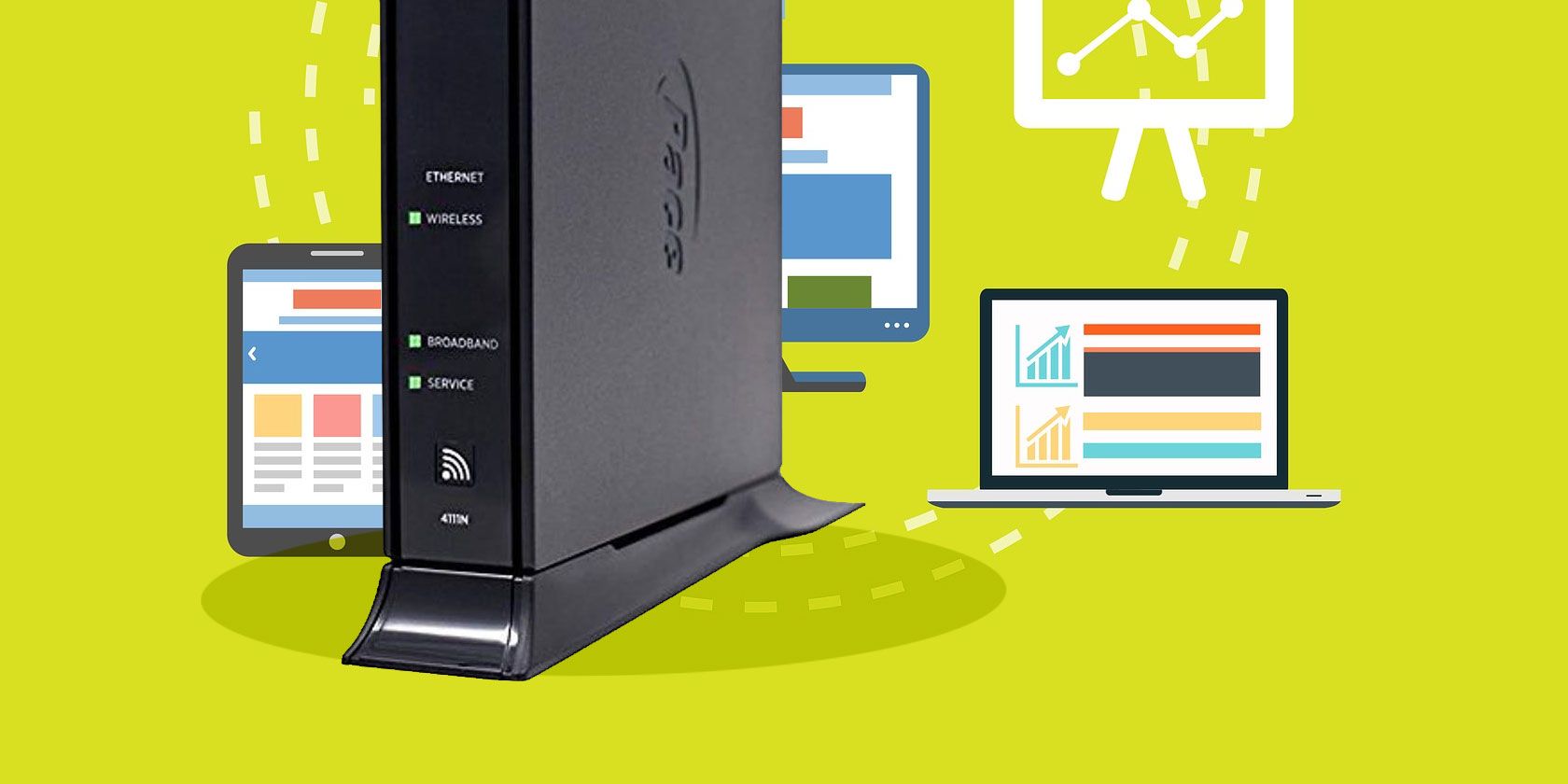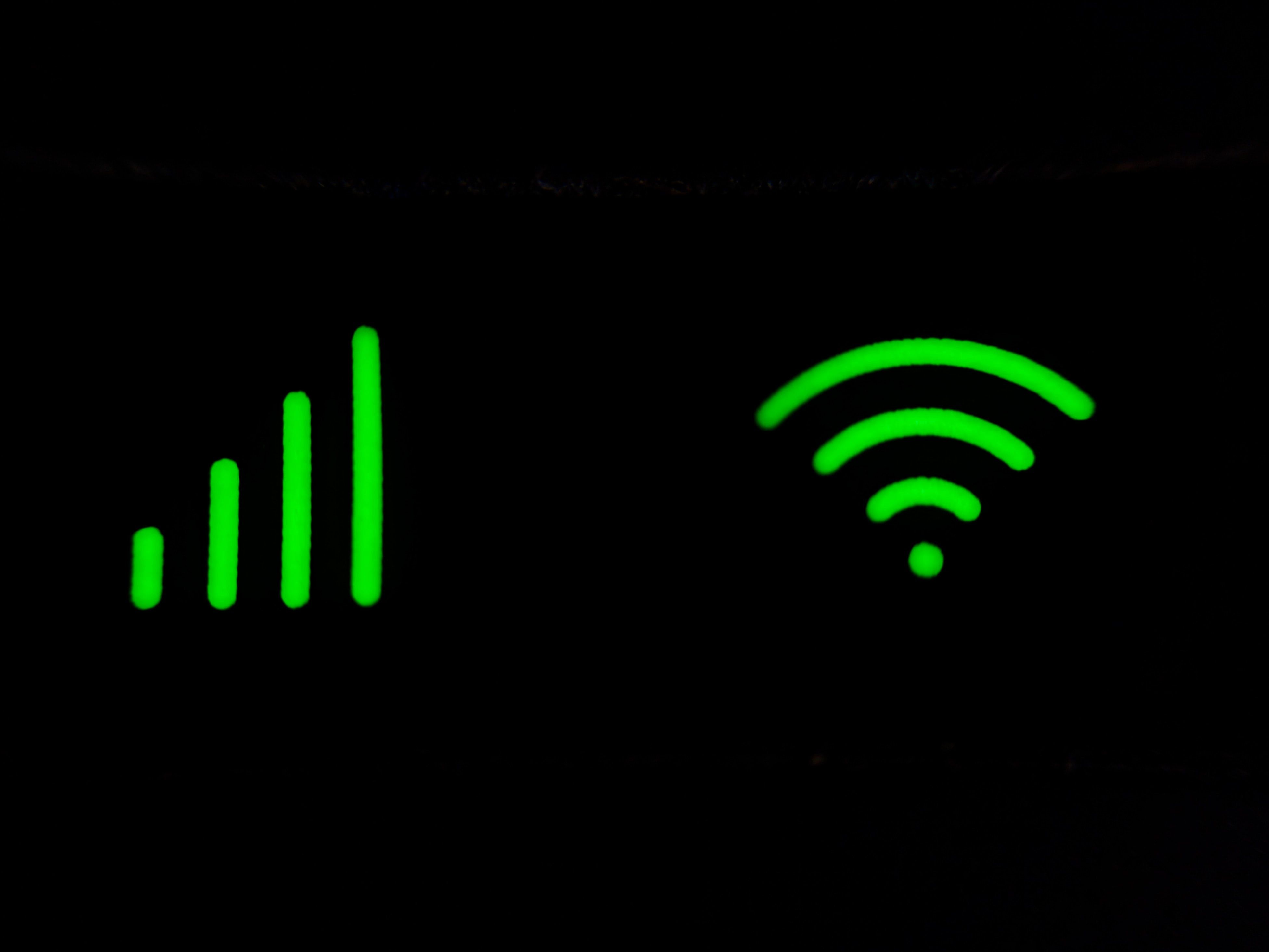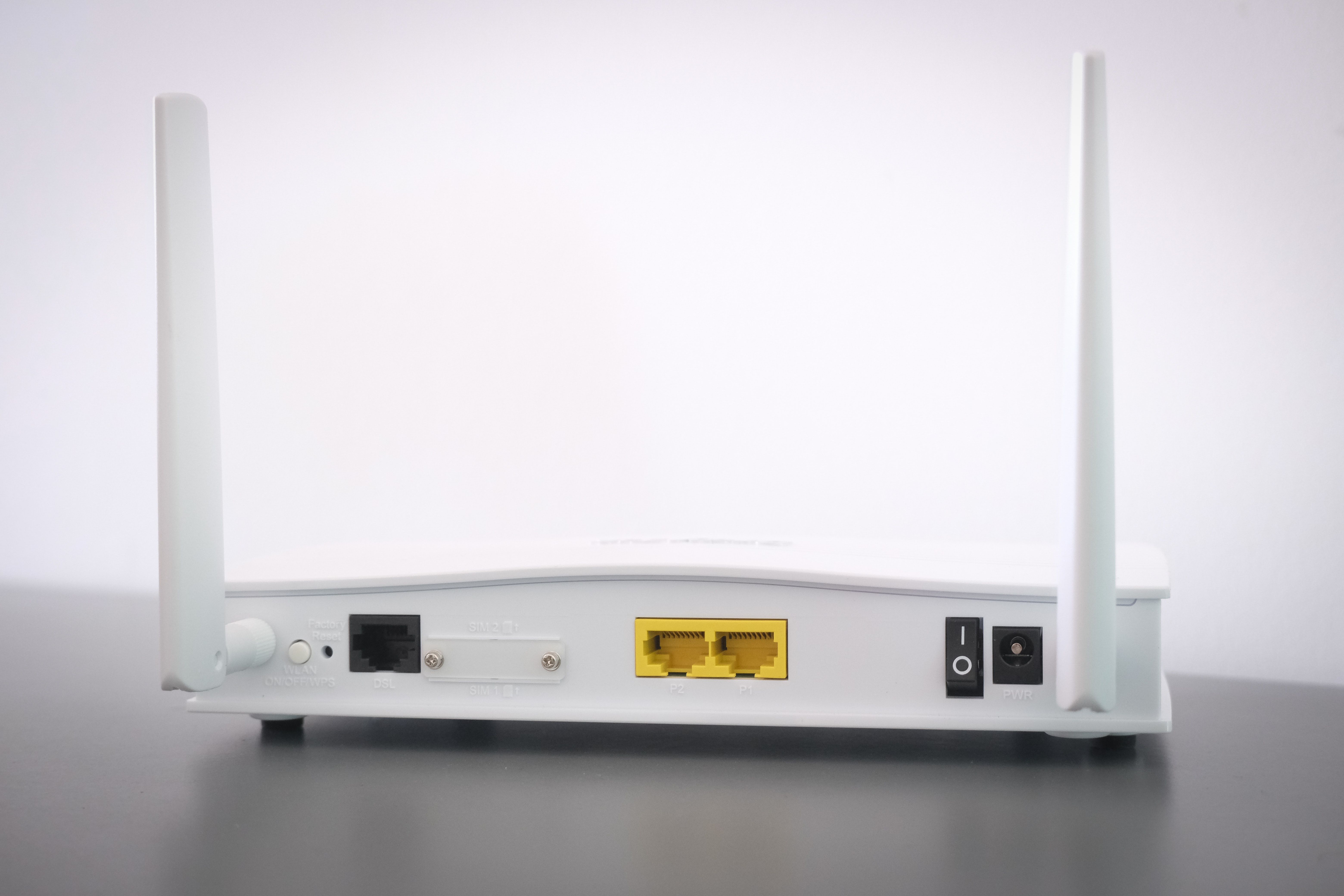To have Wi-Fi at home, you need two things: A modem and a router. Right?
"Gateways" combine the modem and the router into a single unit so that you only need one thing. But, is that better? If you already have a modem and router, should you switch? That all depends on how you use the internet in your home.
In this article, we'll talk about what a gateway is—and whether or not you should use one or your Wi-Fi at home.
Understanding Gateways, Modems, and Routers
The most significant thing about gateways is that they combine the modem and the router. However, that's only important if you know what the modem and the router actually do.
If you're confident in this field, feel free to skip ahead a little bit. If you only need a working understanding, we'll provide a summary in the rest of this section.
We also have a full comparison between modems and routers, so you can check that out if you want a bit more detail.
What Is a Modem?
The modem is the sole point at which the internet actually enters your house. Everything in the house that is connected to the internet has to be connected, in one way or another, to the modem.
Typically, your internet service provider also supplies the modem. In most plans, you're essentially renting the modem from the service provider and different models of modems factor into different rates. If you want to explore different modems available through your provider, or even buy your own modem elsewhere, ask your provider about their policies.
What Is a Router?
If you've been around the block a few times, you might remember "the computer room" where the only computer(s) in the house had to be located in order to be connected to the internet.
Most homes no longer have an altar to the internet. That is due, in large part, to the advent of the router. With the modem being the single point of access for the internet, you can think of the router as being a cable splitter that allows more than one device to use that port.
Because routers also generate Wi-Fi, they also serve as a sort of wireless daisy-chain for the modem. That is to say, your wireless devices connect to the internet through the modem through the router.
It's a distinct possibility that your internet service provider also supplied your router when they supplied your modem. When you sign up with an internet service provider, they may ask if you have a router already as non-ISP-provided routers are far more common than non-ISP-provided modems. There are a lot of benefits to shopping for your own router.
What Is a Gateway?
Now that we have a shared understanding of what routers and modems do, we can have a shared appreciation of gateways doing both of those things. The gateway combines the entry-point for internet connections with the distribution point, meaning that you no longer need a dedicated modem and a dedicated router.
Like modems, gateways are typically supplied by your internet service provider. However, they can also be purchased from elsewhere. If you're just getting started with a service provider, some now offer gateways instead of modems and routers by default.
If you already have a router, some providers will continue to supply modems instead of offering a gateway. However, if you would prefer a gateway to your modem, consider asking your internet service provider if they offer gateways.
That brings us to our next big question: is a gateway better than a modem and router setup?
Should You Use a Gateway or a Modem and Router?
The answer isn't quite so simple as "a gateway is better than a modem and router," or "a gateway is not better than a modem and a router." Whether a gateway or a modem and router are right for you depends on how you want to use and interact with the internet.
The Advantages of Using a Gateway
From an efficiency perspective, Gateways win. One device rather than two, less cable mess, fewer outlet requirements: you can't go wrong. Sure, a gateway tends to be larger than a modem or a router—but it's still a smaller net footprint.
Gateways are also simpler to set up and use. Once they're set up, they work more-or-less the same as a router, and the setup is simpler. And, from a diagnostic perspective, you never need to ask whether the problem with your connection is the modem or the router. Because if there is an issue, it's with the gateway.
The Advantages of Using a Modem and Router
If you know your way around technology, having a separate modem and router gives you more freedom. You can choose a router and a modem for yourself, and configure them in a way that works best for you. This is particularly true if you like to use a specialized router, like a VPN router. If you have a gateway, you only have whatever gateway you have.
Gateways are also ideal for Wi-Fi connections. If you prefer or require hard connections, you may run out of ports on a gateway. If this happens, you'd need to connect something like a router anyway.
Internet Gateway vs. Modem and Router: Comparing the Costs
As far as cost goes, whether a modem and router or a gateway is less expensive depends on your situation.
Gateways are comparable in cost to routers.If you already have a modem on your router, and your internet provider already supplies this to you, switching to a gateway might not make much of a difference.
On the other hand, gateways tend to be more expensive than modems. So, if you have the option to get a modem or a gateway from your internet service provider, opting for a modem might save you money on your monthly bill. And if you don't have high standards for your router, you can save even more money.
If you do have high router standards, you can rest easy knowing that your router probably doesn't cost more than a gateway would anyway.
Another toss-up has to do with internet providers. Not all providers supply gateways at the time of writing. And the chances are when you're choosing an internet provider, other factors are more important to you than whether they use gateways or a modem and router.
Gateways vs. Modem and Router: Which Is Better?
If you're a mobile-first internet user with no particular specialties or necessities in how you access the web, you would probably find a gateway to be more convenient and user-friendly. If you're a web expert with special concerns and considerations, a modem and router provide you with more freedom to configure.
Either way, the cost of setup and any limitations put in place by your internet service provider will probably be the most important considerations. And ultimately, the choice is yours.



